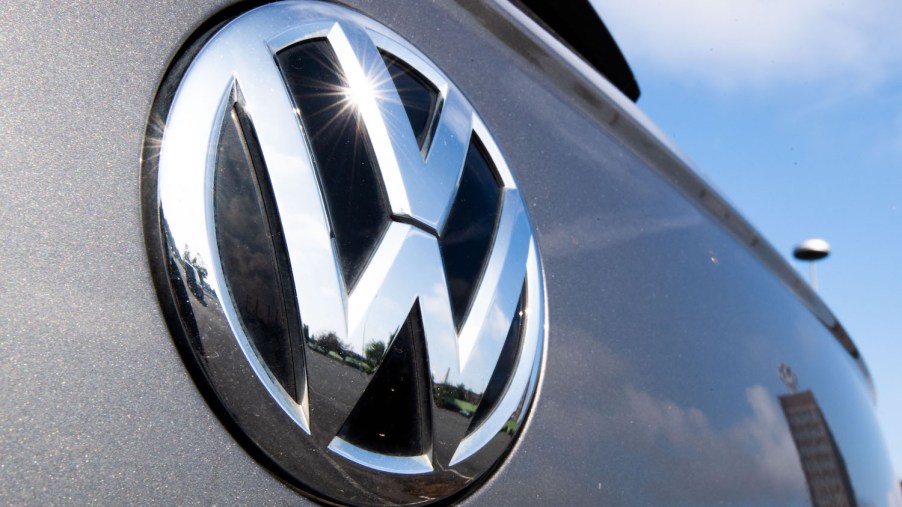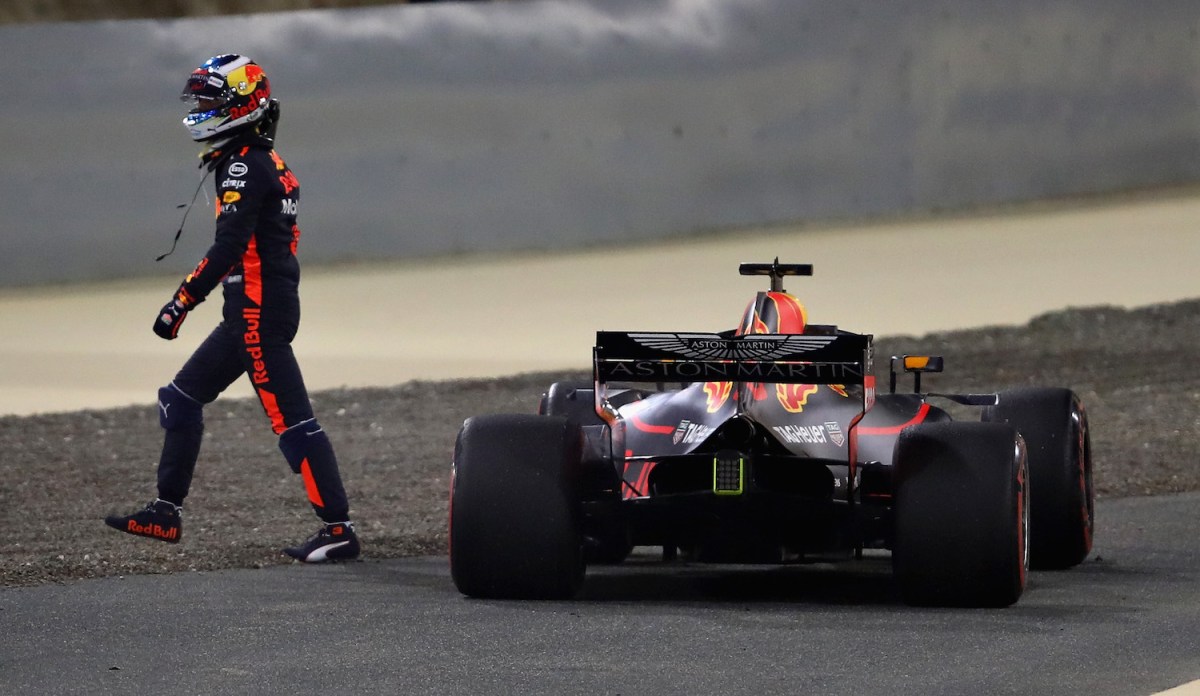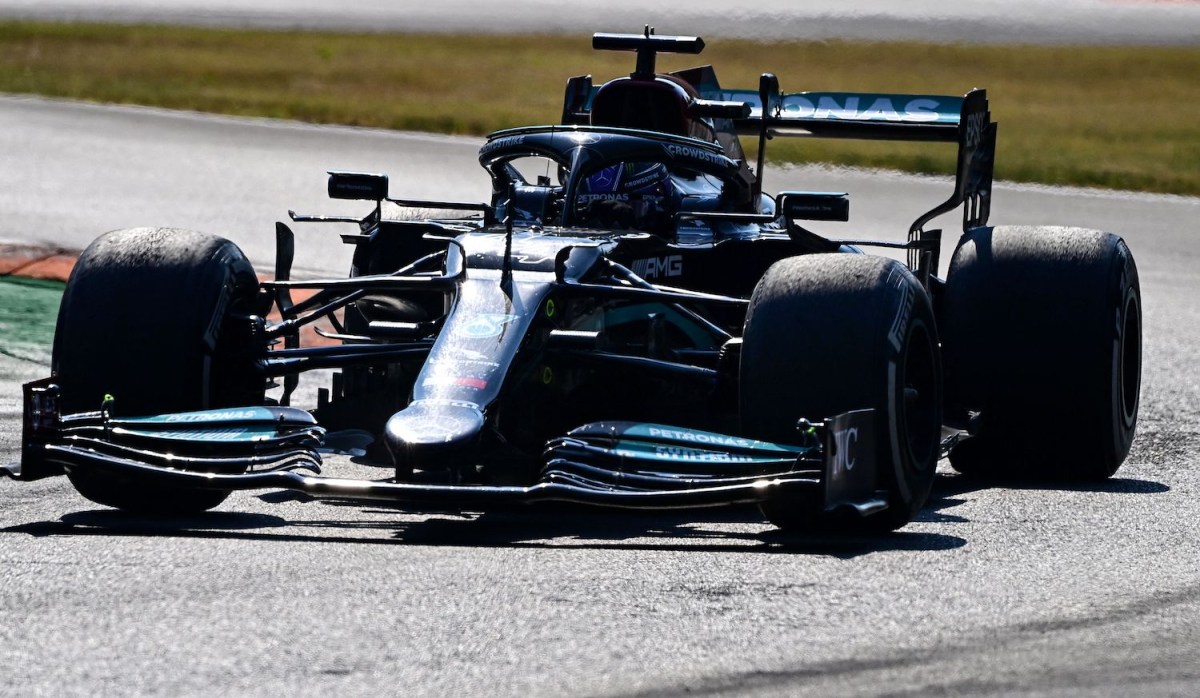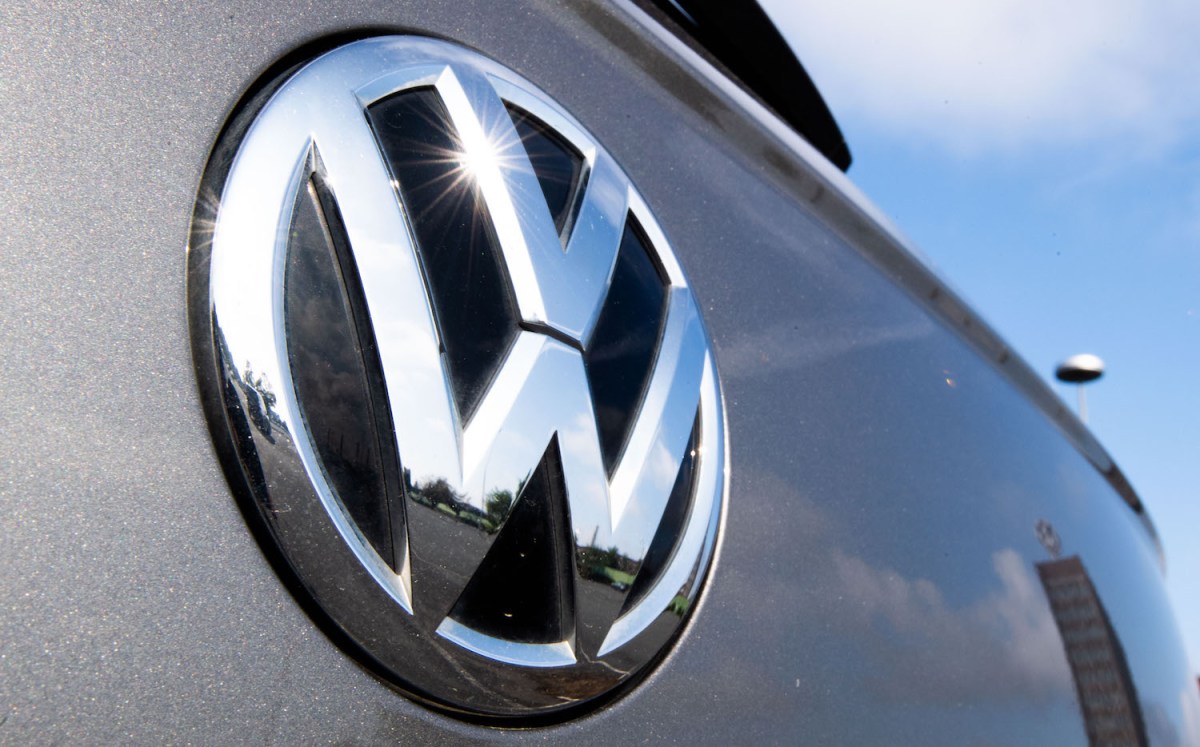
VW Could Enter F1 With Mercedes Encouragement
Earlier this year there was news of Porsche and Volkswagen Group in talks of entering Formula 1. New engine regulations become active in 2025, which is when Porsche and VW would consider entering the sport, depending on what the regulations stipulate. Whether they would join the series as a constructor or a works team is unclear, suffice it to say Porsche and VW have spoken to Red Bill, McLaren, and Williams.
F1 President Stefano Domenicali was working on plans to bring VW to F1 when he was the head of future projects at Volkswagen Automotive Group (VAG), but was derailed by the diesel-gate emissions scandal. It looks like VW is ready to revisit the F1 prospect, but might need some encouragement, of which Mercedes appears happy to oblige.
The current power unit is expensive
Assembling a current F1 engine, or “power unit” is akin to solving a 10,000 piece jigsaw puzzle. There’s an ICE, an MGU-H, an MGU-K, a turbo, and an energy storage unit. All this congeals into a hot technological masterpiece that spits out 1,000 horsepower. The engines are complicated, and they cost millions. The estimated cost of an F1 engine is $10.5 million. However, Merecedes financial statements reveal it has spent more than $1.2 billion on engine development since 2014, according to Forbes.
Simpler F1 engines means better reliability

Earlier this week Mercedes-AMG F1 Team Boss Toto Wolff met with Formula 1 Management (FOM) and representatives from prospective engine suppliers, including VAG’s Porsche and Audi. According to Wolff, Mercedes is willing to simplify the engines to make them more cost-effective. This in an effort to attract more engine manufacturers. The simplification comes from axing the MGU-H, the piece that recycles energy from the turbocharger.
The removal of this part is two-fold. For several seasons teams have run into problems with the MGU-H. Replacing it more than three times over the course of the season incurs a grid penalty, which could mean potential points lost and more money spent. Not having to worry about the MGU-H means saving money and reliability.
The future of F1 engines

F1 has a rule that states all fuel must be mixed with a specific percentage of biofuel. The 2021 season has F1 cars using a 5.75-percent blend, and next year the mixture must reach 10-percent biofuel. F1 plans to go with 100-percent biofuel by 2025. At this stage, the 2025 engine regulations remain a mystery, other than its shift to biofuels and sticking with turbo-hybrids, though the current concept will be overhauled. Teams agreed on an engine freeze from 2022 until the new engine regulations.
VW, Porsche, and Audi would be welcome additions

When the hybrid engines first entered F1, the costs were staggering, especially to teams with lower budgets. Removing the MGU-H would simplify a large part of the power unit. When Honda leaves at the end of this current season, only Ferrari, Mercedes, and Renault will remain. In this current era of F1, attracting new engine suppliers is paramount for the sport.


